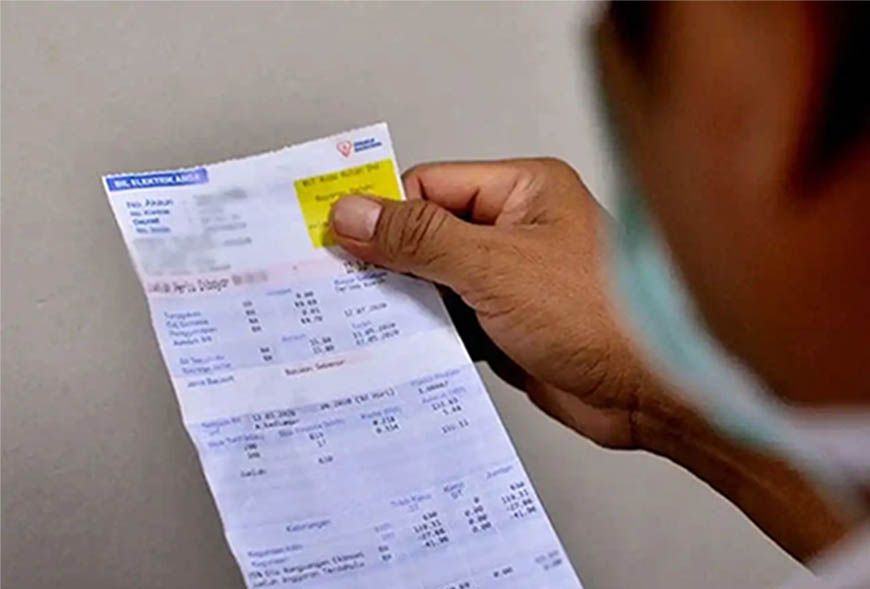House energy committee chairman and Disy MP Kyriakos Hadjiyiannis on Tuesday lambasted President Nikos Christodoulides’ “highly illegal” intervention over the matter of forthcoming rises in electricity bills, describing it as a “great political blunder”.
“The electricity authority [EAC] told us that it requested an increase of 7.5 per cent plus value added tax, which comes out close to nine or 9.5 per cent. The Cyprus energy regulatory authority [Cera] said three or 3.5 per cent may be bearable. However, they had been told not to announce anything, not to send a letter,” he said after a committee meeting.
“Listen to the intervention made into the affairs of Cera, the supervisory authority – ‘do not send a written response, wait for what we will tell you’. This is the great political blunder, which is highly illegal, to give orders to Cera over what it will say and what it will decide.”
He added, that Cera is saying one thing, “the government is saying another, and the EAC is saying another thing” about increases to bills.
Christodoulides’ intervention, he said, is “unacceptable”.
But, “consumers cannot bear to pay an additional increase in the price of electricity,” he said, before suggesting that the EAC “leverage the demand for electricity at times when we waste electricity”, thus bringing in different tariffs for different times.
The reason this has not been done, he said, is that “they will lose their turnover and let many blame us”.
He then asked if the EAC’s operating costs “constitute employees’ high salaries, their luxurious offices.”
Akel MP Costas Costa was also scathing of the EAC, saying that “consumers are paying both figuratively and literally for the longstanding incompetence, irresponsibility, carelessness and possible self-serving interests”.
“For years, the state has failed to bring us natural gas to generate electricity, and as a result, we all pay €300 million in pollutant fines [to the European Union] on top of our electricity bills,” he said.
He added that when the EU returns this money, it is not given back to billpayers, but kept in the country’s permanent fund.
“For years, the state has failed to achieve substantial penetration of renewable sources in electricity generation. It certainly failed to upgrade and expand the EAC’s electricity transmission network,” he said.
He added that on the matter of electricity storage, “we are today truly a global phenomenon, perhaps the only country in the world where when we have greater production than consumption, we cut off the solar panels in people’s homes”.
“Now, this summer, we are afraid that in July and August, due to the weather conditions, when we will need electricity, we will cut them off again in people’s homes so that we do not have a blackout,” he said.
“It is unacceptable for people to pay today for everything which has not been done for so many years due to incompetence, irresponsibility, carelessness and possibly serving certain individuals’ interests,” he said.
Last week, EAC chairman Geroge Petrou had said that the authority would propose a three-per-cent increase in the price of electricity paid by consumers.
That plan came after the EAC had initially requested from Cera that consumer tariffs be raised by 7.5 per cent, with Christodoulides then intervening to “sternly urge” the EAC to not follow through with such an increase.
Speaking to the CyBC, Petrou said that “although an increase of 7.5 per cent was initially considered, the view ultimately prevailed for a milder adjustment to reduce the impact on households”.
The EAC typically files such requests roughly every two years, submitting its expenses for review, with Cera either agreeing or making amendments.
It is allowed a return on capital, colloquially known as a “legitimate profit margin”, of 4.66 per cent, and this is borne in mind when its expenses and requests for tariff increases are filed.
After last month’s presidential intervention, Petrou had defended a lack of adjustment in tariff prices, saying that the EAC had “strong reserves” of funds on which it could rely in the event that tariff prices were not raised.






Click here to change your cookie preferences